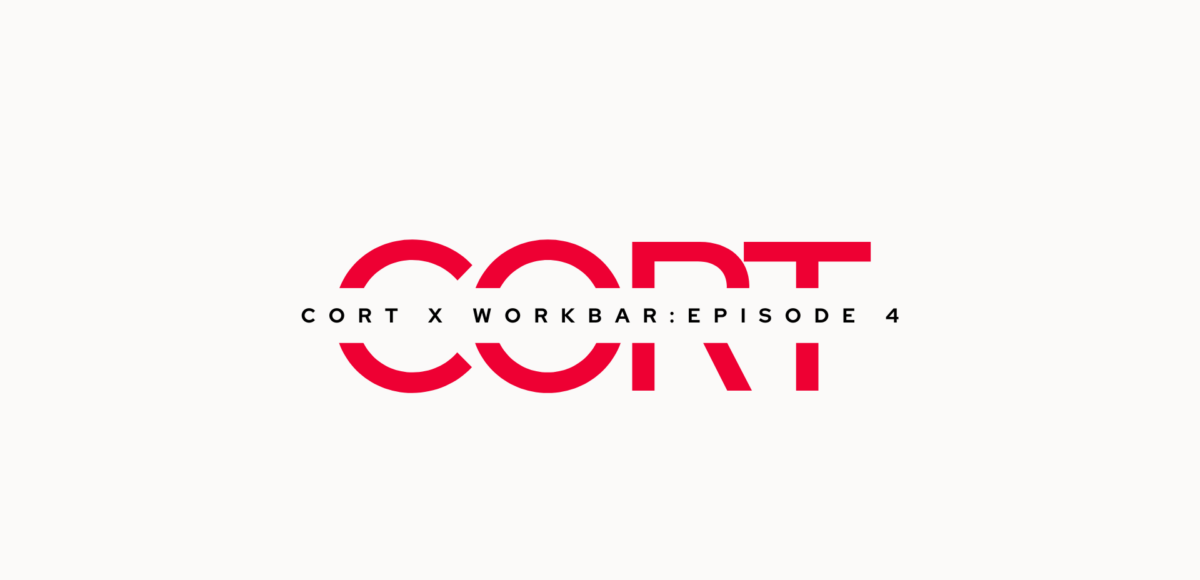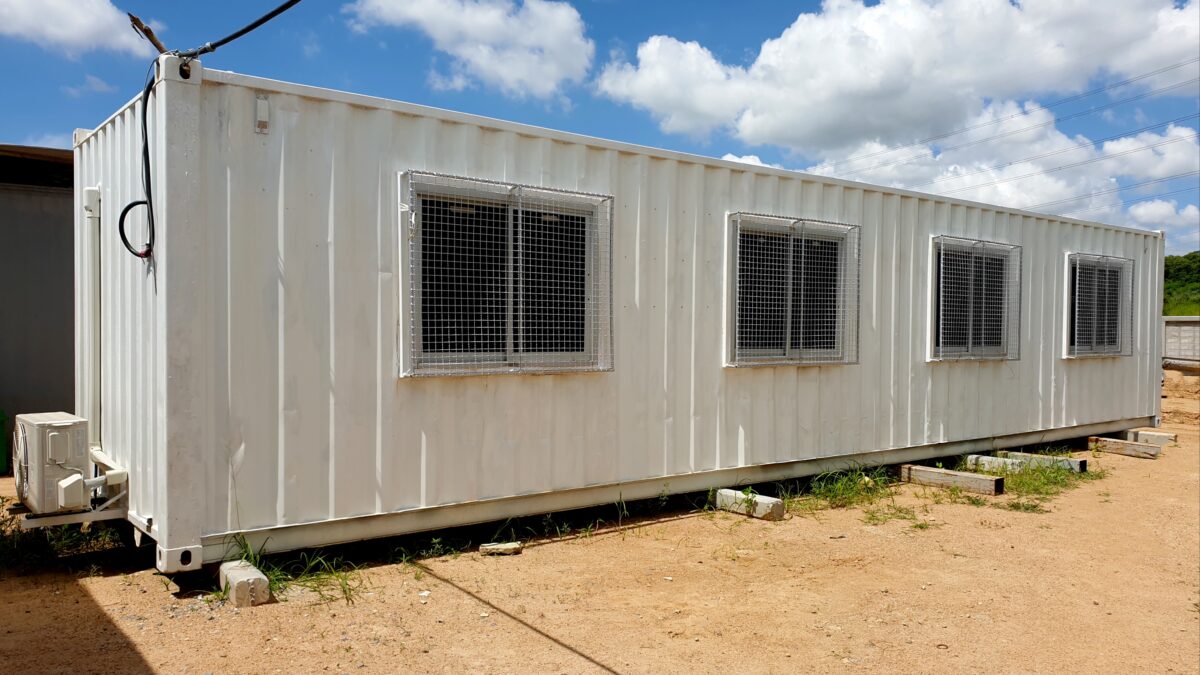In the landscape of the workplace, managing furniture poses a significant challenge for businesses, often burdened by financial constraints. As Sarah Travers, the CEO behind Workbar, rightly points out in the latest installment of our CORT Workplace series, furniture stands as a substantial financial commitment, susceptible to economic volatility. The decision-making process for opening a coworking space involves meticulous consideration of costs, with furniture consistently taking the center stage due to its substantial upfront investment. Furthermore, lead time issues, exacerbated by post-pandemic challenges, add complexity, requiring businesses to place furniture orders months before their actual opening.
In this video, we sit down with Sarah as well as Melanie Jones, National Director of CRE Partnerships, to explore the business behind office furniture management.
The Pitfalls of Traditional Furniture Management
Traditional furniture management models, characterized by large upfront expenditures, expose businesses to substantial financial risks. Sarah Travers’ insights shed light on the inherent challenges, urging CEOs to prioritize furniture decisions due to their significant impact on budgets. The risks associated with traditional methods include rising costs, extended lead times, and the perpetual challenge of aligning furniture choices with the evolving needs of the workforce.
The On-Demand Paradigm: Shifting from CapEx to OpEx
An innovative solution has emerged in the form of on-demand furniture solutions offered by companies like CORT. Melanie Jones, a prominent figure at CORT, emphasizes the importance of considering the total cost of ownership, which encompasses not only the furniture itself but also factors such as capital costs, decommissioning, and environmental risks. By shifting from Capital Expenditure (CapEx) to Operational Expenditure (OpEx), businesses can navigate the financial risks associated with furniture management effectively.
Flexibility as the Cornerstone of Modern Workspaces
Flexibility is the cornerstone of the modern workplace, acting as a safety valve against potential mistakes. Melanie Jones underscores the significance of adaptability, allowing businesses to cater to changing needs seamlessly. On-demand furniture solutions, epitomized by CORT’s services, offer tailored options that align precisely with tenant requirements. This bespoke approach ensures that workspaces are customized to perfection, enhancing the overall user experience and fostering productivity.
Visualizing the Future: On-Demand Solutions in Action
Visual challenges faced by both tenants and landlords are seamlessly addressed by on-demand solutions. Prospective tenants often struggle to visualize empty spaces, hindering their decision-making process. On-demand furniture rental empowers tenants to request office furniture based on their needs, creating vibrant, inviting atmospheres aligned with their brand identity. Furthermore, the seamless pickup of furniture when it’s no longer needed eliminates the hassle of disposal, promoting sustainable practices.
On-Demand Workplace Services: Redefining Excellence
The adoption of on-demand furniture solutions is not merely an option but a strategic imperative for businesses navigating the modern workplace landscape. Embracing this innovative approach, spearheaded by industry leaders like CORT, enables organizations to overcome the complexities of furniture management with ease.
The on-demand furniture revolution isn’t just about changing the way we furnish spaces; it’s about revolutionizing how we work, create, and dream. It’s about breaking barriers, fueling ambition, and transforming ordinary spaces into vibrant communities.
Join the furniture revolution, and let’s redefine the future of work, one vibrant workspace at a time.






